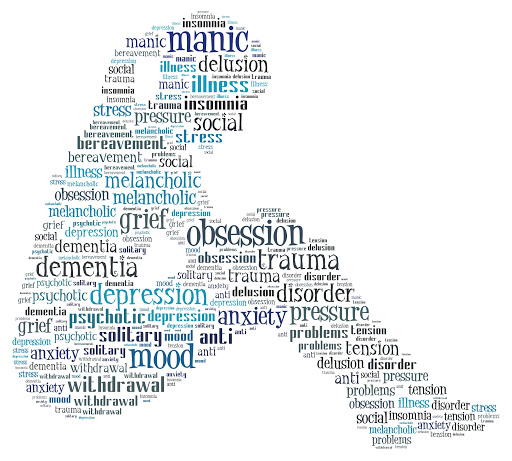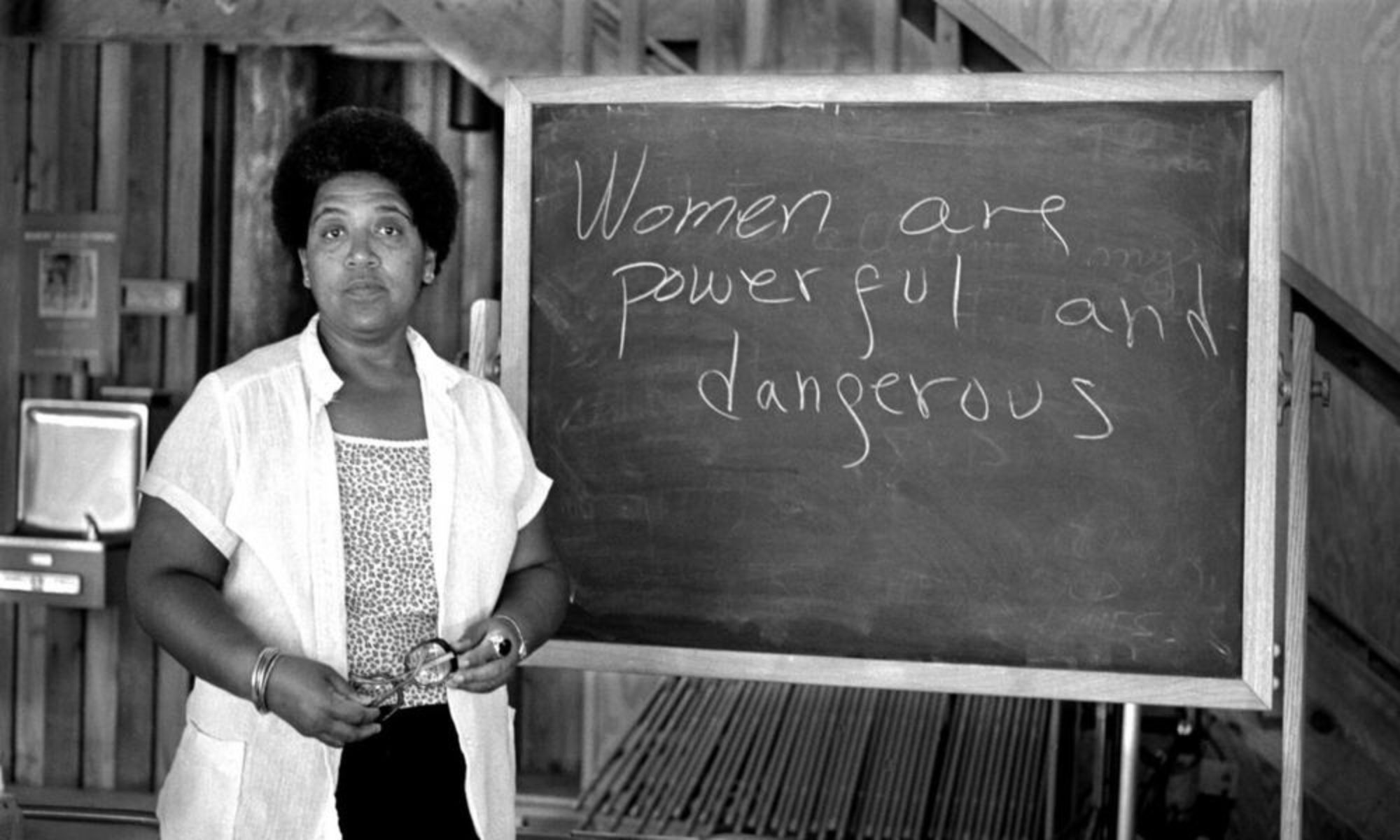Blog Post #14 Feminist geographies!

Blog post 2: In this post we got to develop our thinking about Feminism more. The belief in political, social, and economic equality of the sexes. I have developed my thinking through the beginnning of this post that feminism is about all genders having equal rights and opportunities. It’s about respecting diverse women’s experiences, identities, knowledge and strengths, and striving to empower all women to realise their full rights. It’s about levelling the playing field between genders, and ensuring that diverse women and girls have the same opportunities in life available to boys and men. The book “Feminism is for everybody” helped me to consider these ideas and get different aspects of it.
Blog post 6: This post helped me to connect Feminism in a very different way by understanding the event of 1964 civil rights act and the National organization of women. By the interview with Ms. Janice Li, one of my work’s supervisor’s mother; I developed my thinking on what is‘Feminism’ in general. The movement along to end discrimination basis on sex. This is how it’s reflecting my Blog post #2 concept of understanding Feminism, striving to empower women. The story Riot grrl and grassroots activism (third wave agenda) follow through my concept of oral history.
Blog post 12: By this post I learned one kind of feminism called ‘Materialist Feminism’ and its importance. The feminist work in the late 1960s which I shared an example in my Blog post #6( civil rights act). I learned that Materialist feminism attempts to focus specifically on social arrangements that emphasize the role of women most notably the family, domesticity, and motherhood but bring to its analysis an attention to the gendering discourses which promote women’s marginalization.
Blog Post # 13- Toni Morrison

I have read the book “LOVE” by Toni Morrison published in 2003. In the book, the main character Bill Cosey was the successful millionaire owner of Cosey’s Hotel and Resort, a high-end vacation spot for wealthy African Americans, mostly from the East Coast. Cosey was married twice, and his second wife, Heed, was only eleven at the time, in addition to being the best friend of Cosey’s granddaughter . The novel explains how different events in the Civil Rights Movement impacted Cosey’s businesses in the 1960s, before its eventual closing in the 1980s. The central conflict, however, is between Heed and Christine, both of whom occupy the former resort building. Each woman believes she is entitled to Cosey’s hotly contested, barely-there will because of her connection to him. The two women despise each other, and each works to gain the sole ownership of Cosey’s inheritance. Heed even hires a phony named Junior, a young offender who begins having an affair with fourteen-year-old Romen, the grandson of one of Bill Cosey’s former fishing buddies, who works for both Heed and Christine.
The novel, at various points, introduces other women who were present in Cosey’s life. L, as the former cook at the resort, seems to have the most reasonable impression of Cosey as both a good and a bad man. The reader is also introduced to Celestial, a sex worker with whom Cosey fell in love. By the novel’s end, Heed and Christine are finally able to reconcile to an extent, largely based on a common understanding that their hatred and fighting were the result of Cosey’s moral failings. Christine remarks that both women “sold (themselves) to the highest bidder,” perhaps meaning that Cosey was an ideal they tried to please and that in doing so, each gave up her independent identity. Overall, the novel tries to examine the various meanings of love, family, and the African American experience through the lives of these female characters who all knew the same troubled yet charming myth of a man.
Morrison’s essay “Playing in the Dark” and the novel “Love” both are the terms of “Africanist presence” in the American literary imagination. “Playing in the Dark” focuses primarily on the literary imagination of European Americans and how it has been impacted by the coexistence of Africans and Europeans in this country. In particular, Morrison examines the kind of roles African American characters have been given in novels and other works not written by them, and what ends these roles have served, whether artistic or societal. “Love” continues Morrison’s project of exploring African-American history and culture.
Blog Post 8- ( in Hypothesis)
Independent study- Argument
I argue for how women misconduct by men in certain places especially in workplace. I am researching on how they could be free from sexual harassment, making platform for people of sexual abuse and harassment to speak up is important. Also, demanding of changes in the workplace to be taken for a safer environment and to seek justice for victims. as it relates to women/gender/sexuality studies (whichever is appropriate, which is supported by evidence from resources like how sexual harassment could end: See the Signs & Speak Out: Become an Upstander, Encourage, Support Act! Bystander Approaches to Sexual Harassment in the Workplace, https://www.rainn.org/national-resources-sexual-assault-survivors-and-their-loved-ones. These are some organizations and actions I would like to include in my project.
Blog Post #12 Material Feminism

Materialist feminism, gender is seen as a social construct, and society forces gender roles, such as bearing children, onto women. Materialist feminism’s ideal vision is a society in which women are treated socially and economically the same as men. materialist feminism argues that material conditions of all sorts play a vital role in the social production of gender and assays the different ways in which women collaborate and participate in these productions. Material feminism also considers how women and men of various races and ethnicities are kept in their lower economic status due to an imbalance of power that privileges those who already have privilege, thereby protecting the status quo. Something extraordinary it offers is that Materialist feminists ask whether people have access to free education, if they can pursue careers, have access or opportunity to become wealthy, and if not, what economic or social constraints are preventing them from doing so, and how this can be changed. Therefore, these are some sort of ways they could stay left behind but still they get to see ways on how they can get their right opportunities.
Blog Post #11
“It is important for me to concede, however, that the performance of gender subversion can indicate nothing about sexuality or sexual practice. Gender can be rendered ambiguous without disturbing or reorienting normative sexuality at all. Sometimes gender ambiguity can operate precisely to contain or deflect non-normative sexual practice and thereby work to keep normative sexuality intact.”-
Judith Butler proposes that gender is performative. Butler distinguishes between sex, as biological facticity, and gender, as the cultural interpretation. Butler argues that gender is best perceived as performative, which suggests that it has a social audience. It also suggests that performances of woman are compelled and enforced by historical social practice. According Butler’s theory, sexual orientation is basically a performative repetition of acts related with male or female. Consistently with her acknowledgment of the body as a historical idea, she proposes that our idea of sex is viewed as characteristic or natural in light of the fact that the body turns into its sex through a progression of acts which are reestablished, and merged through time. Personally, I can think of one example could be ‘women smoke’ and which considered as the gender performance.
Blog Post #10

According to Faludi and Heywood I got their common understanding that culture war is the social clash between social gatherings and the battle for predominance of their qualities, convictions, and practices. The term is generally used to depict contemporary governmental issues in the United States, with issues, for example, premature birth, homosexuality, erotic entertainment, multiculturalism, and other social clashes dependent on qualities, profound quality, and way of life being portrayed as the major political cleavage. It also called as war between men and women abilities. Culture war is related to feminism by Radical feminism which is a theory and practice of fighting for the rights of all women and girls, regardless of whether they self-identify as transgender, and regardless of their ethnic origin or political beliefs. Indeed the fights for the rights for women significantly connecting to the meaning of culture war.
Presentation 2- ‘Vibrant Matter’ by Jane Bennett (04/20/20)
Hello everyone,
This is below my presentation about the book Vibrant Matter by Jane Bennett. As you will read through the presentation you can find many details about this great philosopher and her effective works being done. Being a political Philosopher her social works were incredible. Professor Bennett specializes in political theory: ecological philosophy, art and politics, American political thought, political rhetoric and persuasion, and contemporary social theory. Her book Vibrant Matter is a stand alone work and an unique writing. Jane Bennett’s Vibrant Matter is an important work, linking critical movements in recent Continental philosophy. This is an elegant book and it really gives itself over to descriptions of how matter moves us as much as anything else. The description of democracy, I think, gives us up to thinking of the demos in an innovative way, since how the demos act, seemingly out of the blue, has thrown thinkers of individual free will and so on into fits for centuries.
https://docs.google.com/presentation/d/18_E6TTY8VFArnEt1xUXZ_kNJGeefoycyvK0EP1YujxQ/edit?usp=sharing
Blog Post #9 Disidentification

‘Disidentification’ is the state of absence of identification in sense. It is the ability to step back an observe the content of our awareness and identify as the observer. For example, if you believe that there is something that is pushed away, you are making it real, the mind is holding on, contracting in that place. The time I felt ‘Disidentified’ was when I left my important works from my workplace and decided to hangout with friends to be less stress out. However, I felt that the work I left behind could make others satisfied. The mind of myself was still restricting itself. So, disidentification is a relaxation of that contraction. Munoz says that ‘Disidentification is a strategy of resistance and survival for minority subjects such as queers of color.’ This means that it is a way to identity besides make a choice to identify with a mainstream concept like whiteness or claiming blackness or queerness which may only reverse the social hierarchy put in place by the mainstream ideology.



